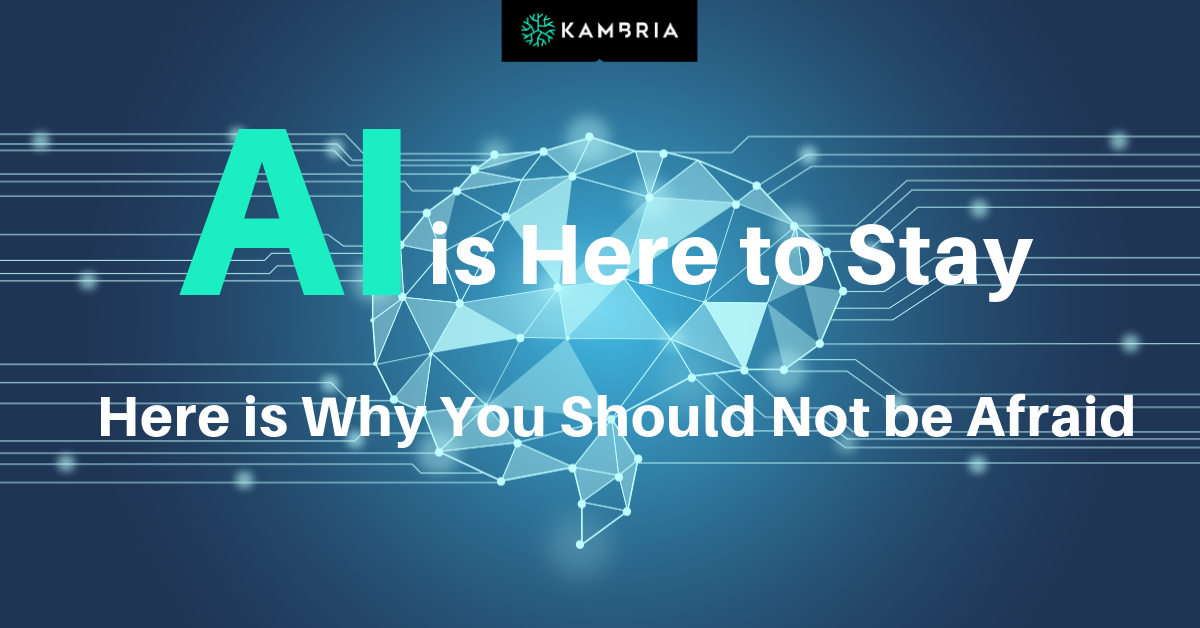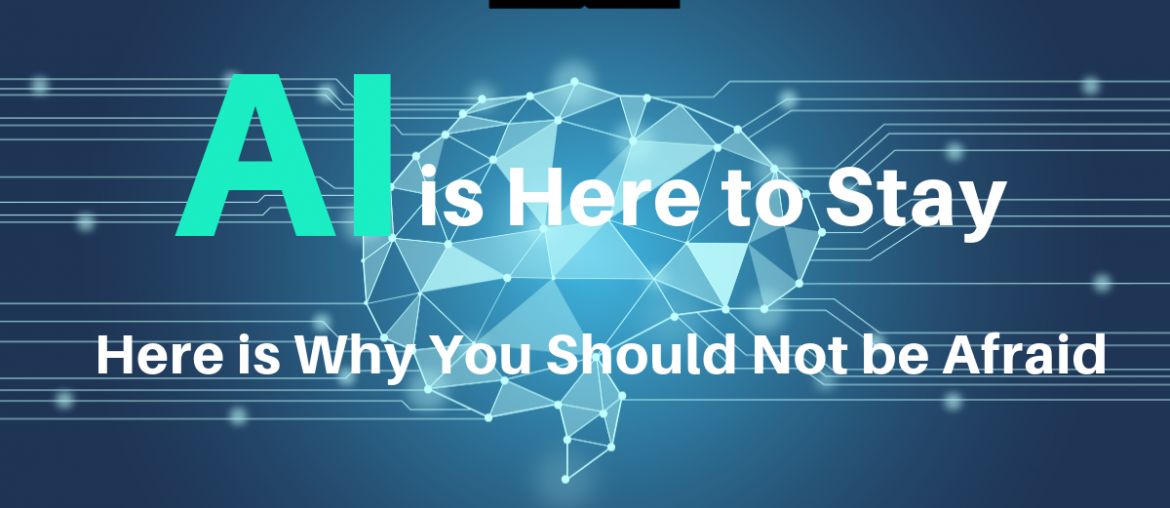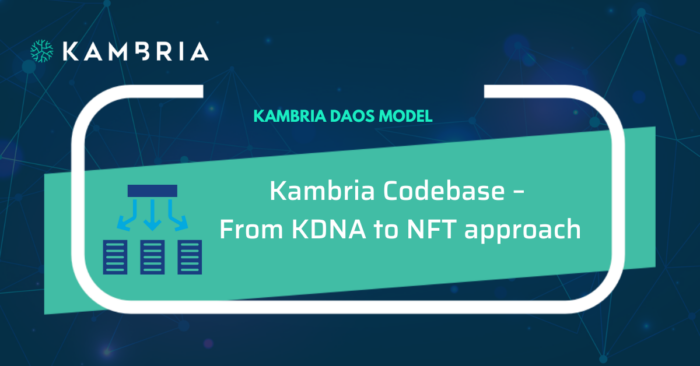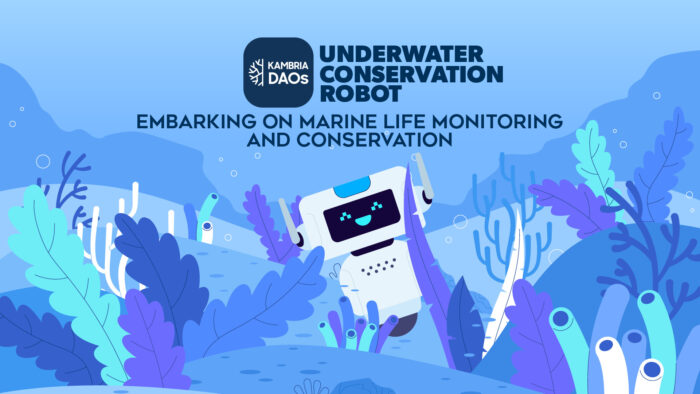
Today, human civilization has finally reached a point where not only artificial intelligence is important in our lives, but has become an integral and fundamental part of it. While this is generally accepted as a positive development, today many people are afraid of AI and understandably concerned over its very exponential nature -- that soon, AI might take over our jobs. Or worse, that one day AI might take over the world.
But regardless of any one individual’s opinion about AI, there is only one thing for certain: AI is here to stay. In fact, welcoming it as part of our human culture may perhaps be the best course of action to prevent whatever it is we fear it could do.
Why Concern for AI is Inevitable
“I think we should be very careful about artificial intelligence. If I were to guess like what our biggest existential threat is, it’s probably that.” -Elon Musk
We have witnessed how AI slowly crept its way up the global labor market. In fact, according to a report published by PwC just a few years ago, nearly 40% of all jobs in the United States alone are at high risk of being automated.
Blind pessimism or not, the thought of humans being completely replaced by machines and software is itself is one of the current fundamental concerns for AI. It is already a serious issue on its own, that people are already starting to consider radical concepts, in the event that AI really becomes the global workforce.
But perhaps the bigger concern with AI, is its potential to remove us humans completely from the big picture altogether.
“Optimization” is an important keyword that is often used to describe what AI can do. This roughly equates to efficiency, but can also equate to elimination. If the logical conclusion of an AI observes that we are not part of its solution, or worse, that we are part of its assessed problem, it is very unlikely that the AI will hesitate or hold back in its decision to take us out of the equation.
The idea becomes even more unsettling when we realize that even rather harmless variables and deviations in data could spiral into huge decision errors for the AI. In addition, more complex AI, such as deep learning systems, works and adapts in ways beyond our human expectations.
One well-cited example would perhaps be the “wolf misidentified as husky” study. In this research, the scientists were unable to anticipate that the AI would falsely learn to use background snow as a variable when it tries to analyse a potential wolf picture. Extrapolate this to include humans, and we would most likely have a situation similar to the fictional HAL 9000.
Taken to the dystopian extreme, and we would have something akin to Ultron or Skynet.
Settling Our AI Doubts
However, there is more to consider than just taking a step back to analyze what would and what would not actually play out in the future of AI. For one thing, many of these AI doomsday scenarios involve the eventual development of two revolutionary concepts: artificial general intelligence (AGI) and artificial super intelligence (ASI).
AGI, in layman’s terms, is AI that has gained the level of the human brain. ASI on the other hand, is AI that surpasses the level of the human brain. While futurist experts such as Ray Kurzweil predicted that artificial general intelligence would arrive as early as 2029, there is no current direct precedent that would eventually lead to its development at the moment. Even deep learning systems today are yet to think actively and critically like a real human being.
Therefore, just as it is uncertain if it would arrive sooner, it is still quite unknown if AGI or ASI would ever come to existence within the current century. Needless to say, this also follows all the other dystopian scenarios we commonly see about AI.
What about job loss?
Even the idea that AI will take over human jobs can still be taken into question. The issue lies with how it is often viewed from a purely technological perspective. True, the idea that new jobs will be invented in the future as AI occupies current ones might just be a bit too optimistic.
But culturally and sociologically, there is growing sentiment that AI would instead work directly alongside us. Cashiers would have to say goodbye to their jobs in the next few decades, but it won’t be just robots counting your grocery items. It would most likely be one human manager, with a host of bots that will manage your online supply order.
The True Future of AI
With the promise of AI working hand-to-hand with human operators, comes what we currently see as the true future of AI. We have already seen AI enrich our lives and improve our world over the turn of the century, but this is just the beginning.
-
Removing jobs that don’t really matter
AI will still continue the path of displacing humans from their jobs, but this can be viewed in a positive way. According to the same PwC study we mentioned earlier, machine operators, assemblers, and clerical workers are at the highest risk of being replaced by automated counterparts. By leading people away from such repetitive jobs that stymie self-improvement and learning, we can indirectly lead them to more engaging career paths.
At least, that is the hope. In our current data-driven society, it pays to learn and adapt. Though it may seem a harsh impetus, continuously moving forward as AI phases out unnecessary human jobs is one way to keep ourselves in the equation.
-
Blazing the frontiers of science
In late 2018, researchers at the Max Planck Institute for the Science of Light suggested the use of AI in order to perform complex error-correction maneuvers to solve the interference issue for quantum computers. Even earlier in 2017, an AI developed to study flatworms had finally cracked the mystery of the organism’s regeneration process. Practically a 120-year puzzle, the AI was able to study the data and develop an algorithm that helped accomplish this feat in just 42 hours.
In many academic fields of science and technology, AI has been taking huge strides in making these leaps forward in knowledge with the cooperation of human specialists. The trail may have been blazed by AI, but it was the human pioneers who set the path.
-
Human-integrated optimization
AI has been shown to be a growing vital component in making things easier with our daily lives. On the macro scale we have proposals such as the use of energy management AI in order to increase the efficiency of renewable energy power grids. At the normal, human scale, there are several self-driving car development programs, such as Waymo, aimed to change the paradigm of personal travel. Even at the micro scale, AI research still tries to achieve human-integrated optimization by making smart devices, gadgets, and appliances even smarter.
These accomplishments may not be of a purely AI-centric objective. But each and every one of these represent parts of our human livelihood, bits and pieces of our life that become more and more integrated with AI, as it becomes more advanced.
-
Healthcare and medical research
Even more human-integrated than just livelihood, advancements in analysis, both in sophistication and speed, are predicted to make AI one of the most important components of healthcare in the near future. Much like how lawyers use legal AI to sift through countless documents with the objective of legal discovery, doctors can use medical AI to sift through countless medical records in order to either get a diagnosis, an accompanying treatment, or a prediction of any potential ailment or affliction. In this application, the doctors assist the AI in the form of a secondary opinion, as well as giving the assessment for the suggested treatment. Due to the inherent human-nature of this operation, cooperation between human and AI is all but inevitable.
-
Personal improvement and enjoyment
Personal assistants such as Alexa, for example, can provide additional suggestions based on the words and commands you prefer to commonly use. Netflix, YouTube, and other online media content hubs will continue to get better and better at showing what you might want to watch. Lastly, certain AI-powered features, such as Google Duplex, will add another layer of interaction, by making AI easier and more intuitive to communicate with.
While the handling of private data within these examples is a separate issue of considerable concern, the important thing to remember here is that in these applications, the AI is an augment to the human’s purpose or objective. They are designed (at least on paper) to cater to your wants, needs, preferences, and active choices.
Do Not Be Afraid of AI
“Nobody phrases it this way, but I think that artificial intelligence is almost a humanities discipline. It’s really an attempt to understand human intelligence and human cognition.” –Sebastian Thrun
Sebastian Thrun, chairman and co-founder of Udacity, made this statement in a 2013 interview, which detailed his ideas and thoughts about his life, ideas, as well as the world. The quote reflected well one of the things that he attempted to do: he built robots centered on human issues and problems.
At its core, AI has always been built with human thinking, and thus, human decisions in mind. This generally human-centric approach to developing AI is perhaps one of the most important reasons we should not fear it, and why it is here to stay. Take it as a sort of unspoken guarantee, that so long as the human factor remains within its equation, the AI will never compromise beyond our well-being as a species.
Kambria is Here to Stay
The growth and impact of AI is inevitable. If your organizational goals center around innovation, then you should not wait to adopt AI. At Kambria, creating business opportunities for the AI and Robotics industry has been our mission since the dawn of our inception.
Kambria’s Open Innovation Ecosystem offers a wide-range of expert-led open innovation services with a focus on AI that can help your organization quickly leverage AI trends by connecting you with top researchers and developers in the world. Our Vietnam AI Grand Challenge and Global Innovation Fund are two examples of how we match companies with talent to further AI development. Learn how Kambria can help boost your corporate AI innovation journey by visiting us at kambria.io.








